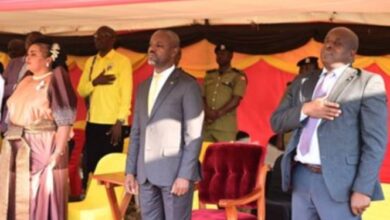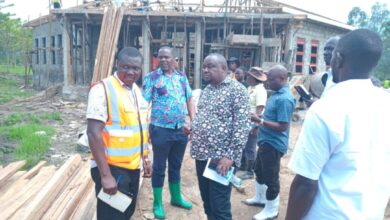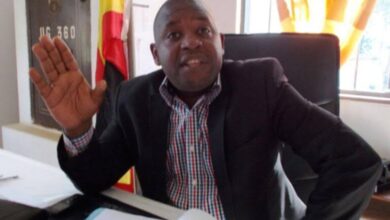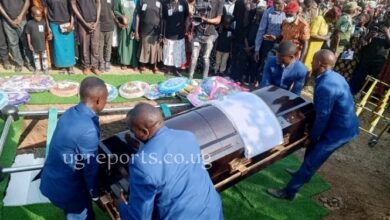Women from oil-host communities dissatisfied over destructive oil and gas development models
He said the government should consider the rights of oil host communities and the environment as a priority.
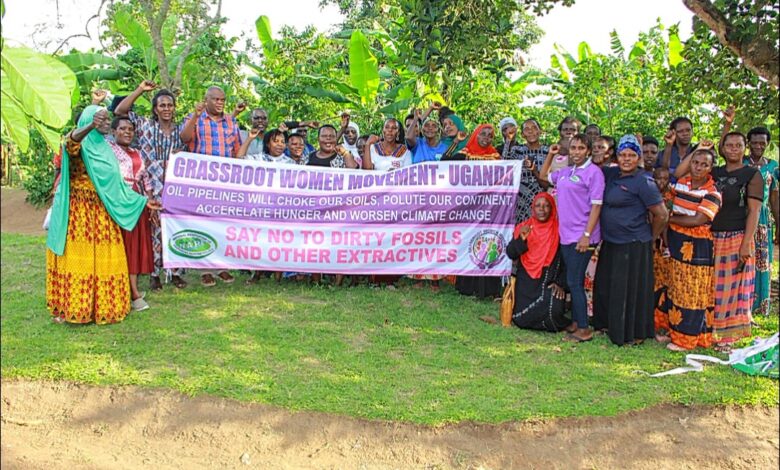
Hoima: Women from the oil host communities have expressed dissatisfaction over destructive oil and gas developments that have continued to violate their rights.
Speaking during the meeting of women affected by the East African crude oil pipeline from Hoima, Buliisa, and Kikuube districts that was held in Hoima district, the women noted that whereas they thought the industry would bring them prosperity, the host communities have continued to face accelerated land grabbing, hunger, and increased gender-based violence.
“Most of the land in Buliisa that is hosting oil pads, oil feeder pipelines, and major development projects in Kasinyi and Ngwedo subcounties in Buliisa district was used for agriculture, and it has been taken over. This has affected women who have depended on farming for their livelihood in Buliisa district,” said Kwikiriza Daisy, Buliisa United Women with Disability.
They say the growing industrialization and infrastructural development in the Albertine Graben has worsened the impacts of climate change due to increased cutting down of trees and encroachment of ecosystems like protected forest reserves, game reserves, and wetlands.
They say this has largely impacted women’s livelihoods since they largely depend on natural resources for survival.
“The trees have massively been cut down due to ongoing oil and gas developments. There has also been encroachment of ecosystem areas like Bugoma Forest, which has caused human wild life conflict,” said Beatrice Rukanyanga from Kwataniza Women’s Group in Hoima district.
They want the government to re-think the decision and bring an end to oil drilling. They also demand a transformative model of development that provides real alternatives in the ways they produce food, conserve natural resources, and take care of their families and communities.
Rajab Bwengye, the coordinator of programs at the National Association of Professional Environmentalists (NAPE), said NAPE is working with women affected by the East African crude oil pipeline and other associated oil and gas projects to deepen resistance to destructive extractives and empower women to stand up for their rights to land and other natural resources.
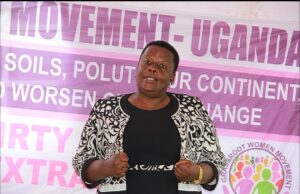
He said women who are at the frontlines of extractives are organizing to protect their land and other natural resources under the growing grassroots women’s movement and are taking up a lead role in defending their land and the environment against the increasing pressure from the extractive industries.
Bwengye said the women have been empowered to use non-violent efforts to end land struggles and patriarchal norms to protect violent women’s land rights.
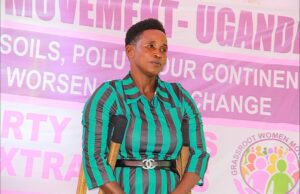
The NAPE Executive Director, Frank Muramuzi, said the government should consider the rights of oil host communities and the environment as a priority.
Do you have an advertisement or article you want to publish? Mail us at theugreports@gmail.com or WhatsApp +256394700683.


